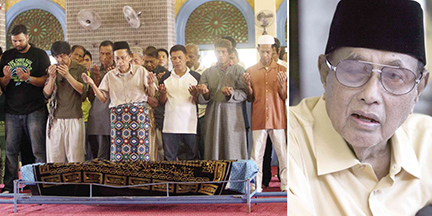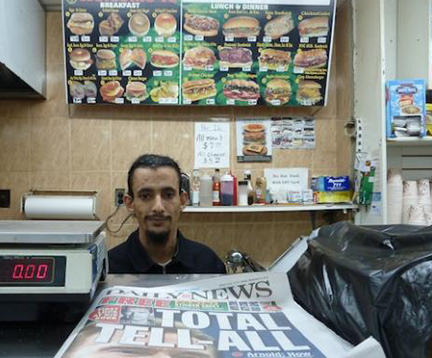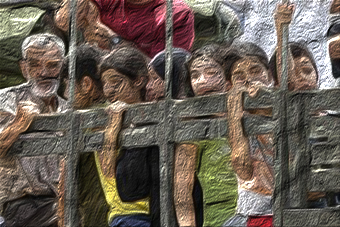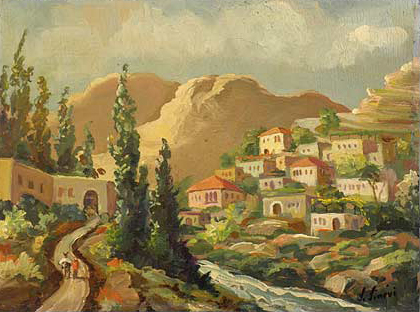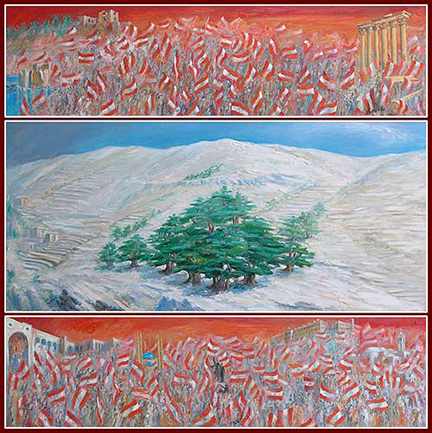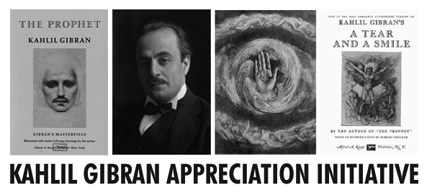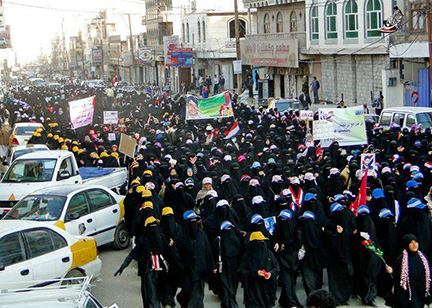
Women and Peacebuilding in Yemen: challenges and opportunities
by Najwa Adra, NOREF, 12 November 2013
This expert analysis explores hurdles facing and opportunities available to Yemeni women in light of UN Security Council Resolution 1325’s guidelines. Yemen is rich in social capital with norms that prioritise the protection of women, but internal and external stresses pose serious threats to women’s security.
Despite these hurdles, Yemeni women continue to participate in nation building. In 2011 women led the demonstrations that ousted the previous regime. At 27%, women’s representation and leadership in the current National Dialogue Conference is relatively inclusive. Their calls for 30% women’s participation in all levels of government have passed despite the opposition of religious extremists and the Yemeni Socialist Party. To provide the best guarantee of women’s security in Yemen, international agencies must, firstly, pressure UN member states to desist from escalating conflicts in Yemen, and secondly, prioritise development over geopolitical security concerns. Literate women with access to health care and marketable skills can use their participatory traditions to build a new Yemeni nation.
Downlad the pdf of this report here: http://www.peacebuilding.no/Regions/Middle-East-and-North-Africa/The-Gulf/Publications/Women-and-peacebuilding-in-Yemen-challenges-and-opportunities
Najwa Adra , PhD, is a cultural anthropologist with long-term research and consulting experience in Yemen. She has worked with FAO, UNICEF, USAID, the World Bank and DfID. In 2000-03 she piloted the highly successful Literacy through Poetry/Heritage, an adult literacy project in which learners’ own oral traditions formed the texts from which they learned to read and write. Her academic publications and development reports cover tribal identity and customary law, women in agriculture, social exclusion and adult literacy.
